
Hypoglycemia
The human body uses the glucose, which is simple sugar, as the main source of energy. The food is disintegrated into carbohydrates, which are further broken down in glucose. The glucose reaches the blood cells from the liver or the small intestine through the bloodstream. The hormone insulin, produced by the pancreases, is responsible for the controlling of the level of glucose in the blood. When the level of insulin is too high, the level of glucose is low. When the level of glucose is lesser than 70 milligrams per deciliter, the person in question is diagnosed with hyperglycemia. When a person suffers from hypoglycemia, he/she needs extra sugar.
Vitamins for hypoglycemia
When one suffers from hypoglycemia, the vitamins can be very effective for the maintaining the normal blood sugar level. The main symptoms of hypoglycemia are weakness, fatigue, body shaking and fainting. Confusion can also appear as a symptom of low blood sugar level. In order to restore the normal blood sugar level, it is much better to consume vegetable and fruit juices than candies. The diet should also include whole grain bread, cereal, raisins and figs.
Chromium. When one suffers from hypoglycemia, chromium should be used. It is an important mineral for increasing the level of glucose in the blood, and it also is good for maintaining the proper levels of insulin. Chromium used before a meal is very effective in reducing appetite and cravings for excessive sweets.Vitamin B. There are many different types of vitamin B. However, the two types are the most effective for hypoglycemia. These two types of vitamin B are vitamin B6 and niacin. They are helpful for a proper metabolizing of glucose and carbohydrates.Magnesium. Magnesium is an important mineral that helps in maintaining normal glucose levels. The daily dosage of this mineral is 200 milligrams.Tips for managing hypoglycemia
The people who have low blood sugar levels should keep this condition under control. They should make certain changes to their diet, as well as to their lifestyle. First of all, they should avoid sugary products, such as candies, ice cream and cookies, as well as cakes and canned fruit and many other sugary foods. Furthermore, processed and refined carbohydrates should not be consumed, either. Consuming alcohol and cigarettes, as well as caffeine, should be avoided. The diet should consist of foods rich in fiber, proteins and complex carbohydrates. It is also recommended to eat breakfast and lunch, but avoid having dinner.



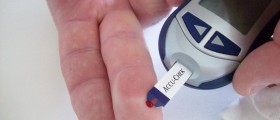
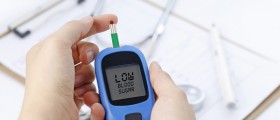
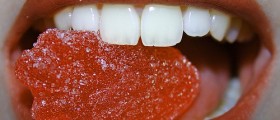
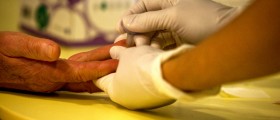


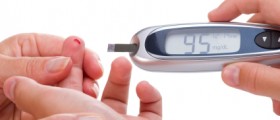
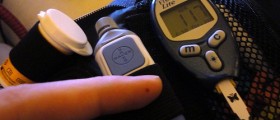

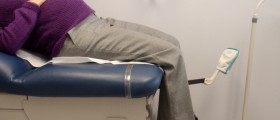
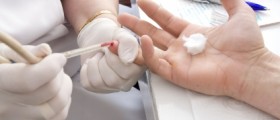
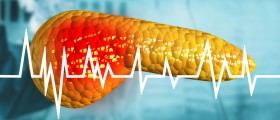


Your thoughts on this
Loading...